While many Western countries are promoting nuclear power in the transition to green energy, Germany is still firmly pursuing its plan to end nuclear power.
The cooling tower of the Emsland nuclear power plant in Lingen, western Germany. (Photo: AFP/VNA)
Germany will close its last three nuclear power plants on April 15, in an effort to achieve green growth without nuclear energy, despite the energy crisis caused by the conflict in Ukraine.
The image of white clouds of steam rising from the reactors of the Neckarwestheim 2, Isar 2 and Emsland nuclear plants will soon become a memory for many Germans.
While many Western countries are promoting nuclear power in the transition to green energy, Europe's largest economy is firmly pursuing plans to end nuclear power.
Germany has been trying to phase out nuclear power since 2002. In 2011, under Chancellor Angela Merkel, the plan was accelerated after the earthquake-tsunami disaster that caused a nuclear accident in Japan's Fukushima prefecture.
At the time, Ms. Merkel said it was impossible to safely control the risks from nuclear energy, even for a high-tech country like Japan.
However, Germany's plan to end nuclear energy has become controversial after Russia cut off cheap gas supplies over the conflict in Ukraine in February 2022, plunging Germany into its worst energy crisis ever.
According to the original plan, Germany's last three nuclear power plants were to close on December 31, 2022.
However, in the face of public opposition, Chancellor Olaf Scholz's government agreed to extend the life of these plants until April 15. Since 2003, Germany has closed 16 nuclear reactors.
In 2022, the Neckarwestheim 2, Isar 2 and Emsland nuclear plants will meet 6% of Germany's energy consumption, compared with a contribution of 30.8% from all nuclear plants in 1997.
Meanwhile, Germany's renewable energy accounted for 46%, up from less than 25% a decade ago.
Experts say that at the current rate of promoting renewable energy, Germany is unlikely to achieve its goal of completely switching to green energy.
Expert Georg Zachmann at the Bruegel consultancy based in Brussels (Belgium) said that Germany's goals would be more feasible if the country did not eliminate nuclear energy.
Meanwhile, the Free Democratic Party (FDP) - one of three parties in the current ruling coalition in Germany, said on April 9 that the plan to take the last nuclear plants off the grid from next week was too early.
The FDP wants to keep the plants in “standby” mode for a while so that they can be quickly reactivated if necessary.
The FDP group of lawmakers in the Bundestag supports keeping the reactors in a state of operational readiness for at least another year after they are shut down in mid-April. The aim is to be able to reactivate the reactors if needed.
“We believe that the climate-related shutdown of Germany's existing nuclear and coal-fired power plants is wrong,” the FDP document states./.
According to Vietnam+
Source


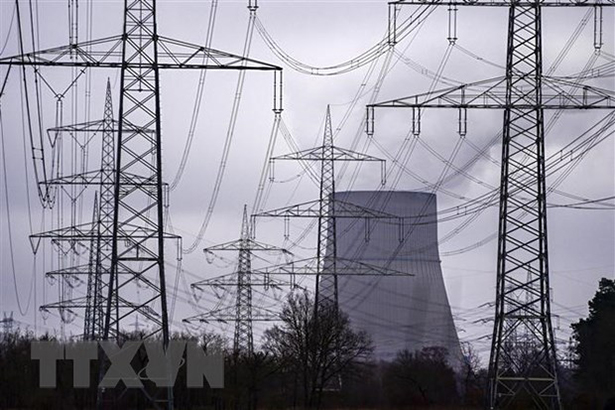


































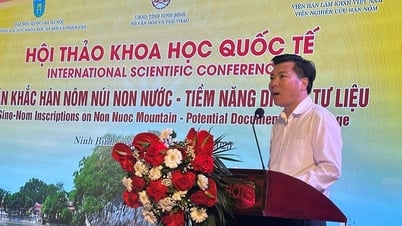






















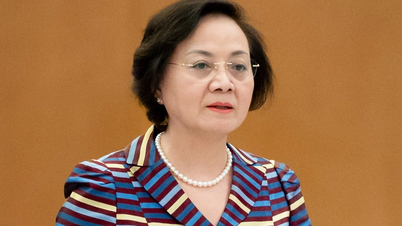













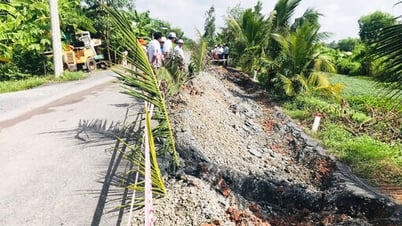





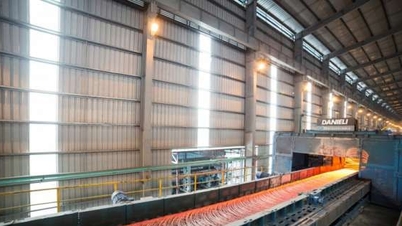
















Comment (0)